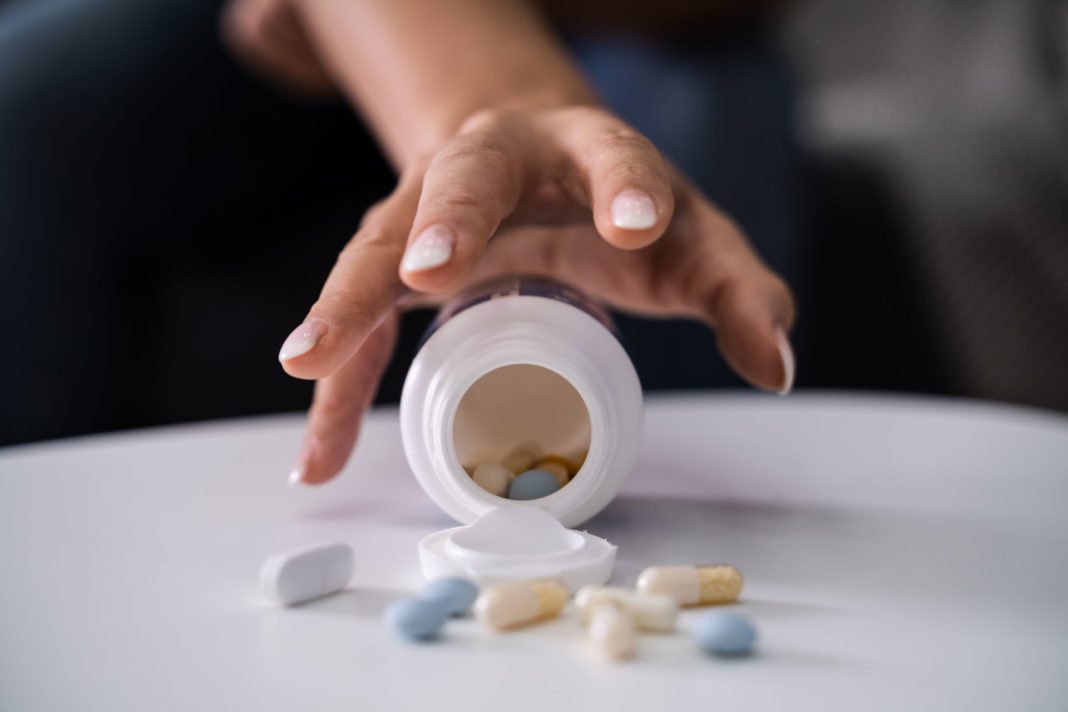While it’s normal to experience stress during difficult times – especially a global pandemic – stress can also increase substance use and abuse.
More people may drink or turn to other substances to cope with stress, sleep disturbances and even boredom, or people may drink and take drugs more heavily, increasing their risk for alcohol and/or substance use disorders. Experts describe this concern as an epidemic within the pandemic.
Thanks to increased seclusion, mental stress and availability of potent drugs, more people are experiencing substance use, which can, in turn, lead to serious addiction, behavior disorders, crisis or even death.
Data shows that drug overdoses have accelerated during the COVID-19 pandemic: Nearly 92,000 drug overdose deaths occurred in the U.S. from November 2019 to October 2020, the highest number of overdose deaths ever recorded in a 12-month period, according to recent provisional data from the Centers for Disease Control and Prevention.
Effective treatment, positive coping strategies and access to recovery resources can reduce the impact of stress and fear, as well as alleviate anxiety, depression and other difficult emotions.
In Oklahoma, the state legislature made history this year through the largest ever state investment in crisis services. More than $17 million in additional funds were appropriated to the Oklahoma Department of Mental Health and Substance Abuse Services (ODMHSAS) for this purpose. In a press conference this summer, ODMHSAS commissioner Carrie Slatton-Hodges noted that through the investment in the mental health crisis and early intervention services, lives will be saved and people in crisis will more likely get the help they need.
The numbers don’t lie: Bryan Day, the CEO of 12&12, the state’s largest Comprehensive Care Addiction Recovery Center (CCARC), notes that the episodic instances of drug and alcohol crises have been on the rise in the wake of the pandemic.
“We are seeing more people engaging us and in need of services at our facility with substance abuse and co-occurring mental health disorders – depression, anxiety, bi-polar – than ever before.”
Lowell Robertson, MD, is an internal/addiction medicine specialist affiliated with OSU Medical Center. He says that “the critical component here is awareness. If you or a loved one are experiencing any stress-related behavioral effects that may be leading to increases in the consumption of alcohol or other substances, talk about it. These have been very difficult times, and coping mechanisms are being tested in all of us. Help is readily available if/when you need it.”
September is National Recovery Month. Observed annually, the month is used to educate the public on substance abuse, treatment and mental health services, as well as to celebrate the lives of those who have committed themselves to long-term recovery.

























